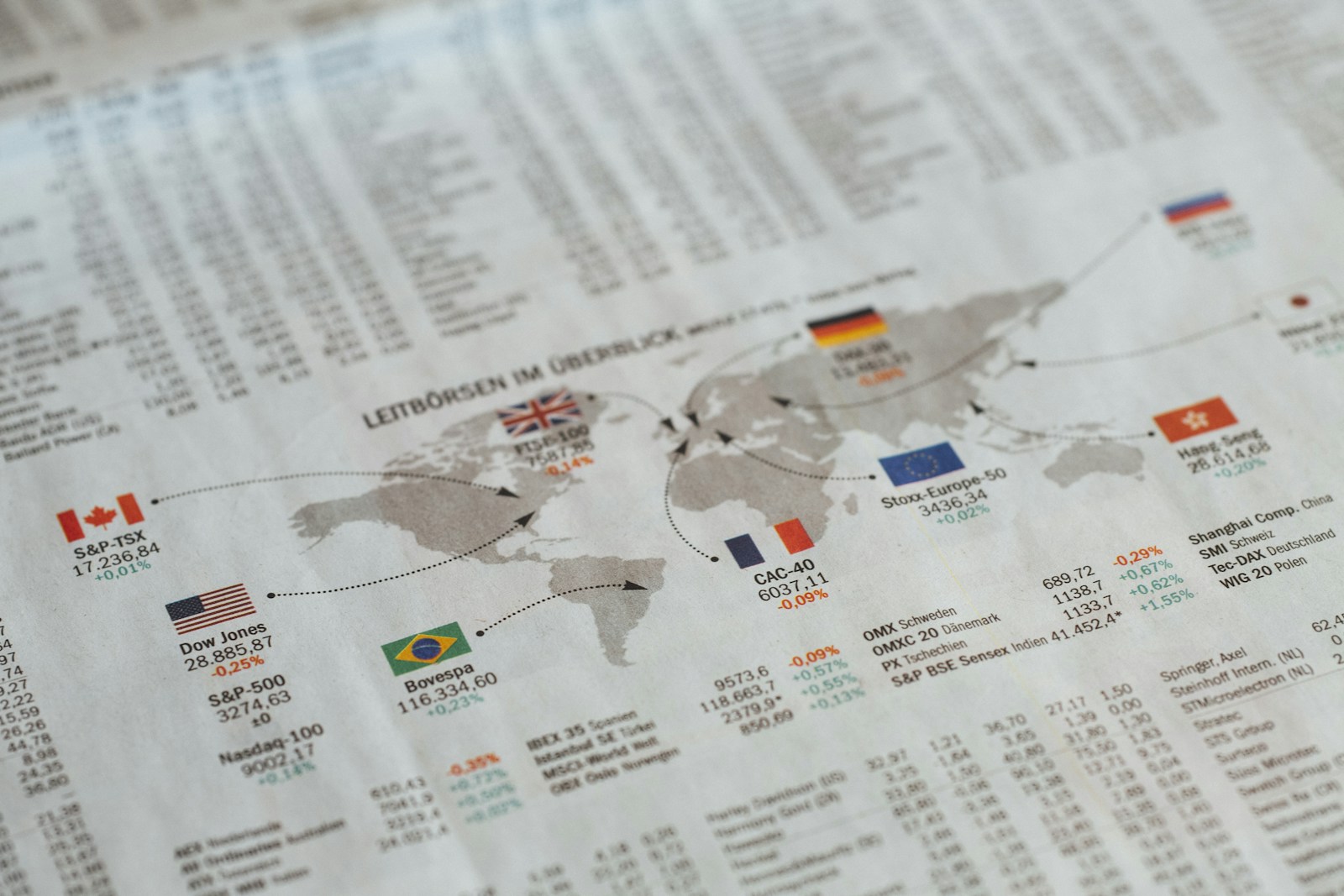The Roundtable: An Analysis of the World's Most Expensive Advertisements

Editor's Note: Welcome to our monthly roundtable discussion. Each month, our five student editors will come together to debate a major issue shaping our world. This transcript has been lightly edited for length and clarity.
Anthony Min: So, the Super Bowl was this month, and while it's the biggest sporting event in America, I want to talk about the other main event: the commercials. This year, the price for a 30-second ad spot hit a new record of around $7.5 million. From a pure business perspective, this is a fascinating and somewhat irrational phenomenon. In an age of fragmented media where everyone is trying to avoid ads, the Super Bowl is the one time a year that people actively seek them out. The question I want to start with is: in 2025, is a $7.5 million Super Bowl ad actually a good investment?
Saerom Kim: I can speak to the cultural side of it. The ads have become a huge part of the Super Bowl party experience here in the US. People talk about them, rate them, and they go viral online the next day. A successful ad isn't just a 30-second spot; it's a cultural moment. Companies aren't just buying ad time; they are buying a chance to be at the center of the national conversation, even if it's just for a day. That kind of "earned media" and brand relevance is hard to put a price on.
Anthony Min: But it's a huge gamble. For every ad that becomes a beloved cultural moment, there are a dozen that are forgotten by Monday morning. The ROI is incredibly difficult to measure. You're paying a massive premium for a huge, but very broad, audience. A lot of those 100 million viewers are not your target customer. For many of these brands, especially the newer ones, it feels less like a strategic investment and more like a vanity project, a way for a company to announce that it has "made it."
Yehee Jung: The content of the ads is also interesting from a public health and psychology perspective. There's always a heavy presence of ads for junk food, beer, and sports betting. The Super Bowl is, in many ways, a massive, multi-billion dollar public health intervention, but one that is promoting behaviors that are often unhealthy. It's a powerful reflection of a society's cultural norms and priorities.
Yonghyuk Choi: From a sports perspective, it shows how a league can build an event that is bigger than the game itself. The NFL has successfully turned the Super Bowl from a championship game into a week-long national holiday. The commercials, the halftime show, the celebrity sightings—it's all part of the spectacle. Other leagues, like the NBA and FIFA, have their championship events, but none have managed to create a commercial and cultural behemoth on the scale of the Super Bowl. It's a masterclass in event marketing.
Minwoo Jung: I think it's also a demonstration of America's unique brand of consumer capitalism. The seamless integration of sport, entertainment, and advertising is something that is quintessentially American. In many other parts of the world, there's a clearer line between the game and the commercial enterprise around it. The Super Bowl is an unabashed celebration of all of them at once. It’s a projection of a certain kind of American cultural power, and it’s a formula that has proven to be incredibly durable and successful.
Final Thoughts
Yonghyuk Choi: The Super Bowl proves that the most successful sports leagues don't just sell a game; they sell a week-long cultural spectacle.
Anthony Min: It's an incredibly risky and often irrational investment, but for the one or two brands that create a truly memorable ad, the payoff in cultural relevance can be huge.
Saerom Kim: The ads have become an annual cultural ritual, a shared text that the entire country gets to watch and debate together.
Yehee Jung: It's a powerful annual showcase of how sophisticated marketing can be used to promote behaviors and products that are often detrimental to public health.
Minwoo Jung: The Super Bowl is a perfect export of American consumer culture, a spectacle where the capitalism is as important as the competition.
What do you think? Was there a Super Bowl ad this year that you loved or hated? Let us know your thoughts in the comments below.



